When it comes to trucks, the debate between power and efficiency is as old as the hills. But in the case of the Ford Ranger and Ford Maverick, it’s not just about brawn versus brains—it’s about finding the right tool for the job. The Ford Ranger, with its rugged charm and muscle, has long been the go-to for heavy-duty towing. Meanwhile, the Ford Maverick, the new kid on the block, brings a hybrid engine and a promise of fuel efficiency to the table. So, which one should you choose when it’s time to hitch up and haul? As automotive expert Edmunds puts it, "The right truck depends on what you’re towing—and how often you’re doing it." Similarly, MotorTrend highlights the Maverick’s innovative approach to compact trucks, while Car and Driver praises the Ranger’s enduring legacy in the midsize truck segment. Are you torn between the Ford Ranger's power and the Maverick's efficiency? Discover which truck reigns supreme when it comes to towing.
Towing Capacity Showdown
Let’s start with the numbers, because when it comes to towing, they don’t lie. The Ford Ranger is the heavyweight champion here, with a maximum towing capacity of 7,500 lbs. That’s enough to haul a decent-sized boat, a loaded trailer, or even some heavy construction equipment. It’s powered by a 2.3L EcoBoost engine that delivers 270 horsepower and 310 lb-ft of torque, making it a beast on the road. Plus, it comes with advanced towing features like trailer sway control, which keeps your load steady even on windy days. If you’re a contractor, an outdoor enthusiast, or just someone who needs to move heavy stuff regularly, the Ranger is your best bet.
On the other hand, the Ford Maverick is more of a lightweight contender. Its standard hybrid engine offers a towing capacity of up to 2,000 lbs, which is perfect for smaller tasks like towing a lightweight trailer or hauling camping gear. If you opt for the optional 2.0L EcoBoost engine, that number jumps to 4,000 lbs—still not in the Ranger’s league, but respectable for a compact truck. The Maverick’s hybrid engine is all about fuel efficiency, making it a great choice for city drivers who occasionally need to tow something small. As Ford puts it, the Maverick is "built for the city, but ready for adventure."
So, what does this mean in the real world? If you’re planning to tow a camper or a boat, the Ranger is the clear winner. But if you’re just moving a small trailer or some furniture, the Maverick might be all you need. It’s like choosing between a sledgehammer and a Swiss Army knife—both are useful, but one is clearly better for heavy lifting.
Key Differences in Engine and Chassis
When it comes to the heart and bones of these trucks, the Ford Ranger and Ford Maverick couldn’t be more different. The Ranger is like the bodybuilder of the duo, with a 2.3L EcoBoost engine that pumps out 270 horsepower and 310 lb-ft of torque. This beast is built on a body-on-frame chassis, which is essentially the automotive equivalent of a steel skeleton. It’s designed to handle heavy loads and rough terrains without breaking a sweat. Plus, its advanced suspension system ensures that even when you’re hauling a boat or a trailer full of construction gear, the ride stays smooth and controlled.
On the other hand, the Maverick is more like the yoga instructor of the pair—flexible, efficient, and always looking for balance. It comes standard with a 2.5L hybrid engine that delivers 191 horsepower and 155 lb-ft of torque. While it might not win any drag races, it’s perfect for zipping around the city with minimal fuel stops. The Maverick’s unibody construction is lighter and more car-like, which means it’s easier to maneuver in tight spaces and offers a smoother ride on paved roads. If you’re looking for a bit more oomph, you can opt for the 2.0L EcoBoost engine, which bumps the towing capacity up to 4,000 lbs—but let’s be honest, it’s still not going to out-tow the Ranger.
So, what does this mean for towing? The Ranger’s robust engine and chassis make it a towing powerhouse, capable of handling heavy-duty tasks with ease. The Maverick, while nimble and fuel-efficient, is better suited for lighter loads and urban adventures. It’s like comparing a Clydesdale to a thoroughbred—both are impressive in their own right, but they’re built for different races.
Hybrid Limitations for Towing
Hybrid engines are like the unicorns of the automotive world—magical, efficient, and a little bit mysterious. But when it comes to towing, they have their limitations. Hybrids are designed to prioritize fuel efficiency, which often means sacrificing raw power. The battery pack adds extra weight, and its placement can impact both payload and towing capacity. It’s like trying to run a marathon while carrying a backpack full of bricks—you’re not going to break any speed records.
The Ford Maverick’s hybrid engine is a perfect example of this trade-off. It’s fantastic for city driving, offering up to 40 mpg in the city, but when it comes to towing, it’s not exactly a heavyweight champion. The standard hybrid engine can only handle up to 2,000 lbs, which is fine for a small trailer or a load of camping gear, but don’t expect to haul a boat or a camper with it. If you need more towing power, you’ll have to switch to the optional 2.0L EcoBoost engine, which bumps the capacity up to 4,000 lbs. But here’s the catch: you’ll lose some of that fuel efficiency that makes the hybrid so appealing in the first place.
So, when should you choose a hybrid? If you’re someone who only tows occasionally and spends most of your time navigating city streets, the Maverick hybrid is a great choice. It’s fuel-efficient, easy to drive, and perfect for light utility tasks. But if you’re planning to tow heavy loads on a regular basis, you might want to stick with the Ranger. It’s like choosing between a Swiss Army knife and a sledgehammer—both are useful, but they’re designed for very different jobs.
Which Truck Wins for Utility?
When it comes to utility, the Ford Ranger and Ford Maverick cater to different lifestyles and needs. The Ranger is built for heavy-duty tasks and off-road adventures, while the Maverick shines in urban environments with its compact design and innovative features. Let’s break down what each truck offers in terms of utility.
Ford Ranger’s Utility Features
The Ford Ranger is a workhorse designed for those who need power and versatility. Here’s what makes it stand out:
- Higher Payload Capacity: With a payload capacity of up to 1,860 lbs, the Ranger can handle heavy loads with ease, making it ideal for contractors and outdoor enthusiasts.
- Off-Road Capabilities: The available FX4 package includes features like off-road-tuned shocks, skid plates, and all-terrain tires, making it perfect for tackling rugged terrain.
- Spacious Cabin and Bed: The Ranger offers a roomy interior and a bed that’s large enough to haul gear, tools, or even a weekend’s worth of camping equipment.
If you’re someone who needs a truck that can handle heavy-duty tasks and off-road adventures, the Ranger is the clear winner. Its robust design and powerful engine make it a reliable choice for those who demand more from their vehicle.
Ford Maverick’s Utility Features
The Ford Maverick, on the other hand, is designed for urban drivers who prioritize efficiency and convenience. Here’s what sets it apart:
- Compact Size: The Maverick’s smaller footprint makes it easy to maneuver in tight city streets and parking spaces, a big plus for urban dwellers.
- Innovative Storage Solutions: The FlexBed system allows for customizable storage options, making it easy to transport everything from groceries to DIY project materials.
- Lower Cost of Ownership: Thanks to its hybrid engine, the Maverick offers excellent fuel efficiency, reducing the overall cost of ownership for daily drivers.
For those who need a truck for light utility tasks and city driving, the Maverick is a fantastic option. Its compact size and fuel efficiency make it a practical choice for everyday use.
Choosing Based on Needs
Ultimately, the choice between the Ranger and Maverick comes down to your specific needs. If you’re looking for a truck that can handle heavy-duty tasks and off-road adventures, the Ranger is the way to go. But if you prioritize fuel efficiency and need a truck for light utility tasks in an urban environment, the Maverick is the better choice. Both trucks offer unique advantages, so it’s all about finding the one that fits your lifestyle.
FAQs
Here are some frequently asked questions about the Ford Ranger and Ford Maverick to help you make an informed decision:
Can the Ford Maverick tow a camper?
Yes, but only smaller campers under 2,000 lbs (or 4,000 lbs with the optional 2.0L EcoBoost engine). If you’re planning to tow a larger camper, the Ford Ranger would be a better option.
Is the Ford Ranger better for towing than the Maverick?
Yes, the Ranger’s higher towing capacity and robust engine make it superior for heavy towing tasks. The Maverick is better suited for light towing and urban driving.
Does the Maverick hybrid have good fuel economy?
Yes, the Maverick hybrid offers up to 40 mpg in the city, making it one of the most fuel-efficient trucks on the market. This makes it an excellent choice for those looking to save on fuel costs.
Which truck is better for off-roading?
The Ford Ranger, with its off-road packages, is better suited for off-roading. The Maverick is more of a city truck and doesn’t have the same off-road capabilities as the Ranger.
Is the Maverick hybrid worth it?
Yes, if you prioritize fuel efficiency and light utility over heavy towing. The Maverick hybrid is a great option for those who want a practical, fuel-efficient truck for everyday use.
What is the price difference between the Ranger and Maverick?
The Maverick is generally more affordable, starting at around $21,000, while the Ranger starts at around $26,000. The price difference reflects the Ranger’s higher towing capacity and more robust design.
AI Solutions: How Could AI Help?
Artificial Intelligence (AI) has the potential to revolutionize the towing industry by optimizing vehicle design, predicting towing needs, and enhancing safety. Here’s how AI could transform the way we think about towing:
AI-Optimized Vehicle Design
AI can be used to analyze vast amounts of towing data to improve engine and chassis design. By leveraging machine learning, engineers can identify patterns and optimize vehicle components for better towing efficiency. For instance, AI could help develop lightweight materials that maintain strength, reducing the overall weight of the vehicle while improving its towing capacity. Companies like Tesla are already using AI to push the boundaries of automotive design, and similar techniques could be applied to trucks like the Ford Ranger and Maverick.
Predictive Towing Assistance
AI algorithms could predict towing needs based on user behavior, terrain, and weather conditions. For example, an AI system could analyze a driver’s past towing habits and suggest the optimal engine settings for a specific trip. Real-time adjustments to engine performance could ensure that the vehicle operates at peak efficiency, whether it’s hauling a heavy load or navigating steep inclines. This technology could be integrated into existing systems like Ford SYNC, providing drivers with a seamless and intuitive towing experience.
Enhanced Safety Features
AI-powered safety features could make towing safer and more reliable. For instance, AI could enhance trailer sway control by continuously monitoring the vehicle’s movement and making real-time adjustments to the braking system. Autonomous towing capabilities could also be developed, allowing vehicles to safely navigate long-distance hauls with minimal human intervention. Companies like Waymo are already leading the way in autonomous driving technology, and similar innovations could be applied to towing vehicles.
Action Schedule/Roadmap
Here’s a detailed roadmap for implementing AI solutions in the towing industry, inspired by the meticulous planning of projects like the Manhattan Project but tailored to today’s technology and challenges:
- Day 1: Assemble a multidisciplinary team of engineers, data scientists, automotive experts, and AI specialists. Partner with leading institutions like MIT and Stanford University to leverage cutting-edge research.
- Week 1: Collect and analyze towing performance data from existing vehicles, including the Ford Ranger and Maverick. Use this data to identify key areas for improvement.
- Month 1: Develop AI algorithms for predictive towing assistance. Collaborate with companies like NVIDIA to create powerful AI models that can process real-time data.
- Year 1: Test AI-optimized vehicle designs in controlled environments. Use advanced simulation tools to evaluate the performance of new materials and components.
- Year 1.5: Launch pilot programs for AI-powered towing systems. Partner with fleet operators and logistics companies to test the technology in real-world conditions.
- Year 2: Release AI-enhanced trucks to the market. Work with manufacturers like Ford to integrate AI solutions into their production lines, making advanced towing technology accessible to a wider audience.
Making the Right Choice for Your Towing Needs
When it comes to choosing between the Ford Ranger and the Maverick for towing, the decision ultimately depends on your specific needs and priorities. The Ford Ranger, with its robust engine and impressive towing capacity, is the clear winner for heavy-duty tasks. Whether you’re hauling a boat, trailer, or construction equipment, the Ranger’s power and durability make it an excellent choice. On the other hand, the Ford Maverick, with its hybrid engine and fuel efficiency, is ideal for those who prioritize light towing and city driving. Its compact size and innovative features like the FlexBed system make it a versatile option for urban dwellers.
As technology continues to evolve, AI has the potential to transform the towing industry, making vehicles smarter, safer, and more efficient. From AI-optimized vehicle design to predictive towing assistance and enhanced safety features, the future of towing is bright. By following a detailed roadmap, we can bring these innovations to life, ensuring that drivers have access to the best possible tools for their towing needs.
So, whether you’re a contractor, an outdoor enthusiast, or a city driver, there’s a Ford truck that’s perfect for you. The Ranger and the Maverick each offer unique advantages, and with the help of AI, the possibilities are endless. What will you choose for your next adventure?
Frequently Asked Questions (FAQ)
1. What is the towing capacity of the Ford Ranger?
The Ford Ranger can tow up to 7,500 lbs, making it a great choice for heavy-duty tasks like hauling boats, trailers, or construction equipment.
2. Can the Ford Maverick tow a boat?
Yes, but only smaller boats. The Ford Maverick with its standard hybrid engine can tow up to 2,000 lbs. If you upgrade to the optional 2.0L EcoBoost engine, it can handle up to 4,000 lbs.
3. Which truck is better for off-roading?
The Ford Ranger is better for off-roading. It comes with optional off-road packages like the FX4, which includes features like skid plates and off-road-tuned suspension.
4. Is the Maverick hybrid worth it?
Yes, if you care about saving money on gas. The Ford Maverick hybrid gets up to 40 mpg in the city, making it one of the most fuel-efficient trucks on the market. It’s perfect for city driving and light towing.
5. What is the price difference between the Ranger and Maverick?
The Ford Maverick is more affordable, starting at around $21,000. The Ford Ranger starts at around $26,000, but it offers more power and towing capacity.
6. Can the Ford Maverick tow a camper?
Yes, but only smaller campers. With the standard hybrid engine, it can tow up to 2,000 lbs. If you upgrade to the optional 2.0L EcoBoost engine, it can handle campers up to 4,000 lbs.
7. Does the Ford Ranger have better towing features than the Maverick?
Yes, the Ford Ranger comes with advanced towing features like trailer sway control and a built-in trailer brake controller, which make it safer and easier to tow heavy loads.
8. Which truck is better for city driving?
The Ford Maverick is better for city driving. Its compact size and hybrid engine make it easy to maneuver and fuel-efficient, perfect for urban areas.
9. Can the Ford Ranger handle snow and rough terrain?
Yes, the Ford Ranger is built for tough conditions. With its 4x4 capability and optional off-road packages, it can handle snow, mud, and rough terrain with ease.
10. What is the fuel economy of the Ford Maverick hybrid?
The Ford Maverick hybrid gets up to 40 mpg in the city and 33 mpg on the highway, making it one of the most fuel-efficient trucks available.
11. Does the Ford Maverick have good storage options?
Yes, the Ford Maverick comes with innovative storage solutions like the FlexBed system, which includes adjustable tie-downs and built-in cubbies for tools and gear.
12. Is the Ford Ranger more expensive to maintain than the Maverick?
Generally, yes. The Ford Ranger is a larger, more powerful truck, so maintenance costs can be higher. The Ford Maverick, especially the hybrid model, is cheaper to maintain due to its smaller size and fuel efficiency.
13. Can the Ford Maverick handle long road trips?
Yes, the Ford Maverick is great for long road trips, especially if you’re not towing heavy loads. Its comfortable cabin and fuel efficiency make it a practical choice for long drives.
14. Which truck has a better resale value?
The Ford Ranger typically has a better resale value because of its durability and towing capabilities. However, the Ford Maverick’s hybrid model may also hold its value well due to its fuel efficiency and lower cost of ownership.
15. Can I use the Ford Maverick for work?
Yes, the Ford Maverick is great for light work tasks, especially if you’re in a city or suburban area. Its compact size and fuel efficiency make it a practical choice for small businesses or contractors.
Wait! There's more...check out our gripping short story that continues the journey: Neon Dreams
Disclaimer: This article may contain affiliate links. If you click on these links and make a purchase, we may receive a commission at no additional cost to you. Our recommendations and reviews are always independent and objective, aiming to provide you with the best information and resources.
Get Exclusive Stories, Photos, Art & Offers - Subscribe Today!
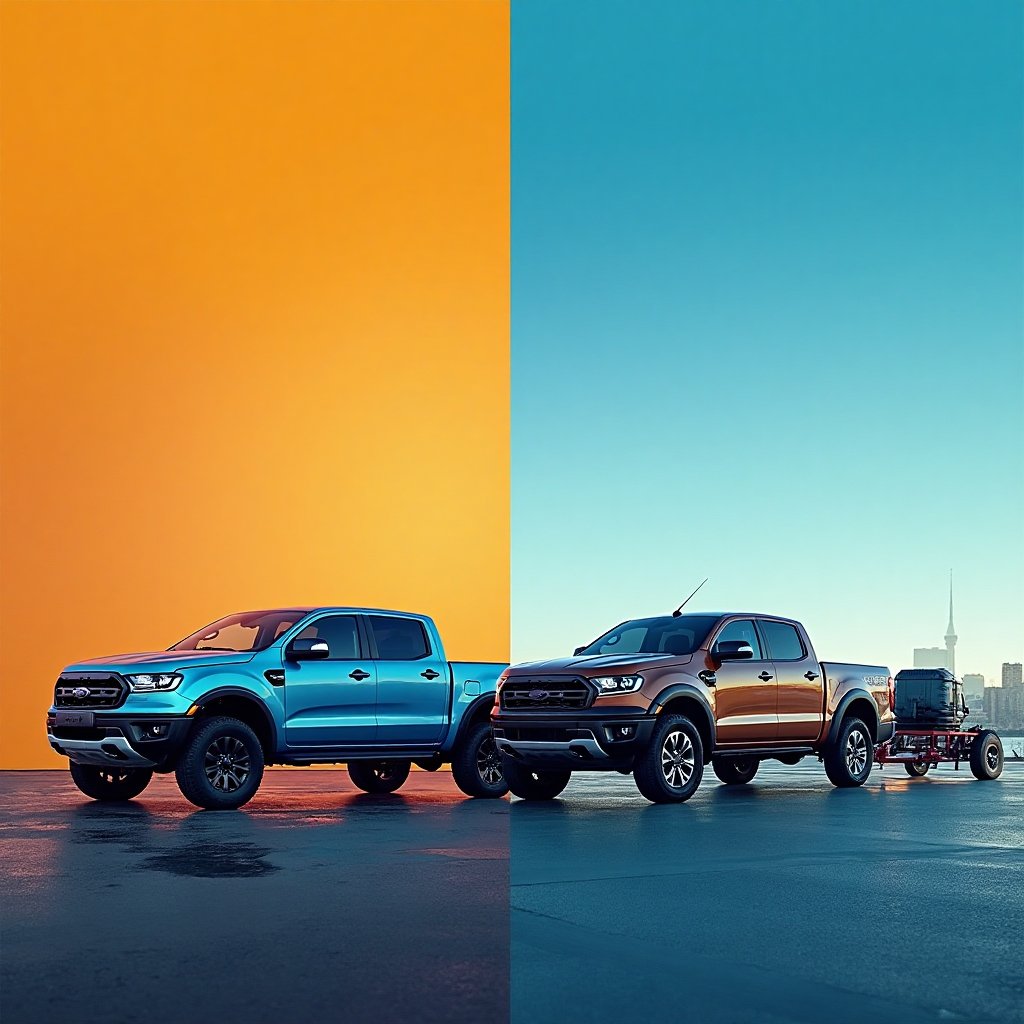
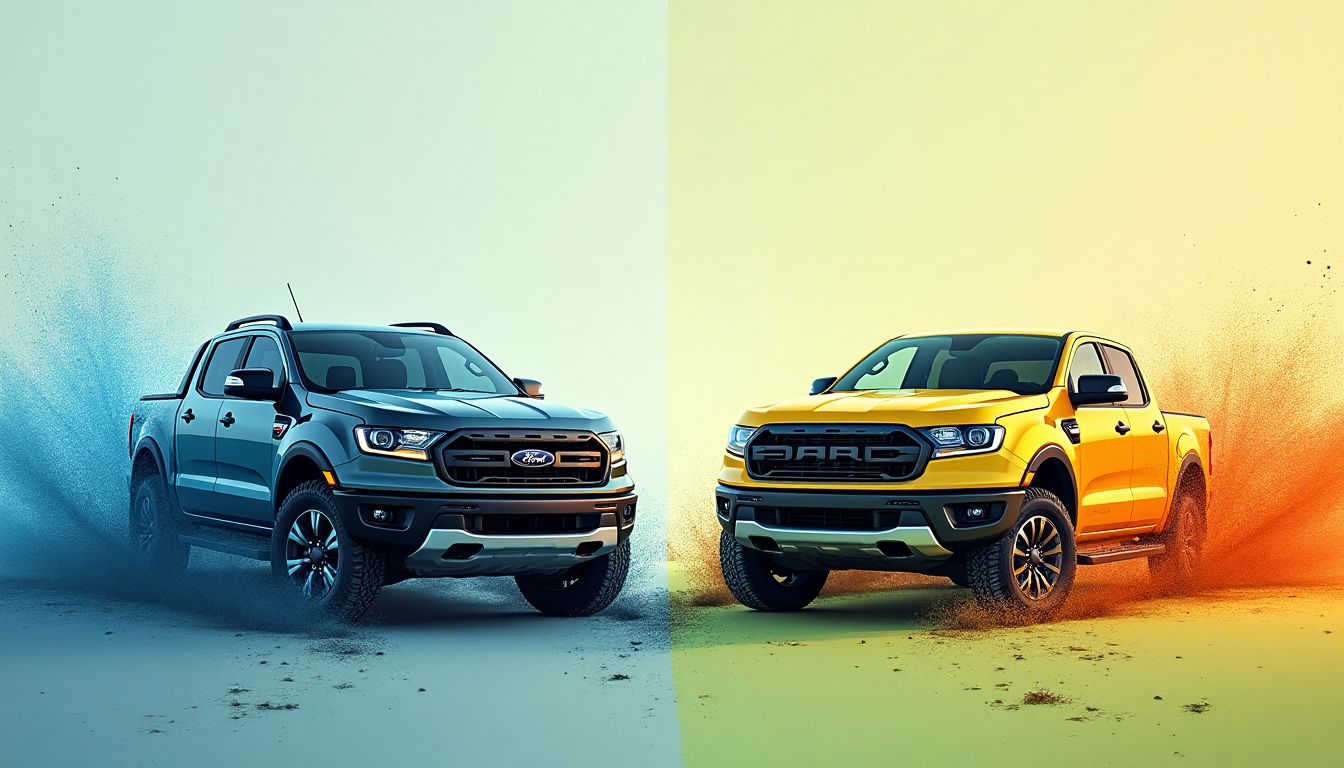
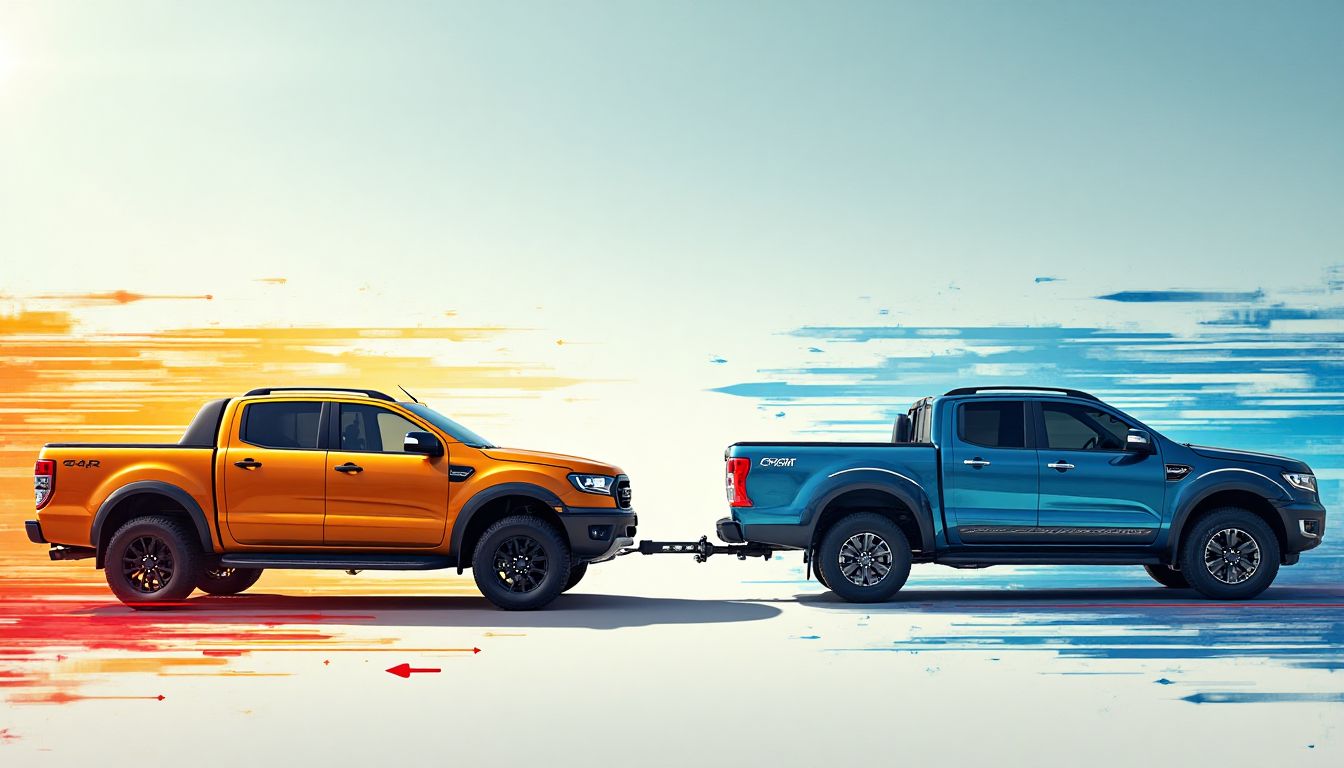
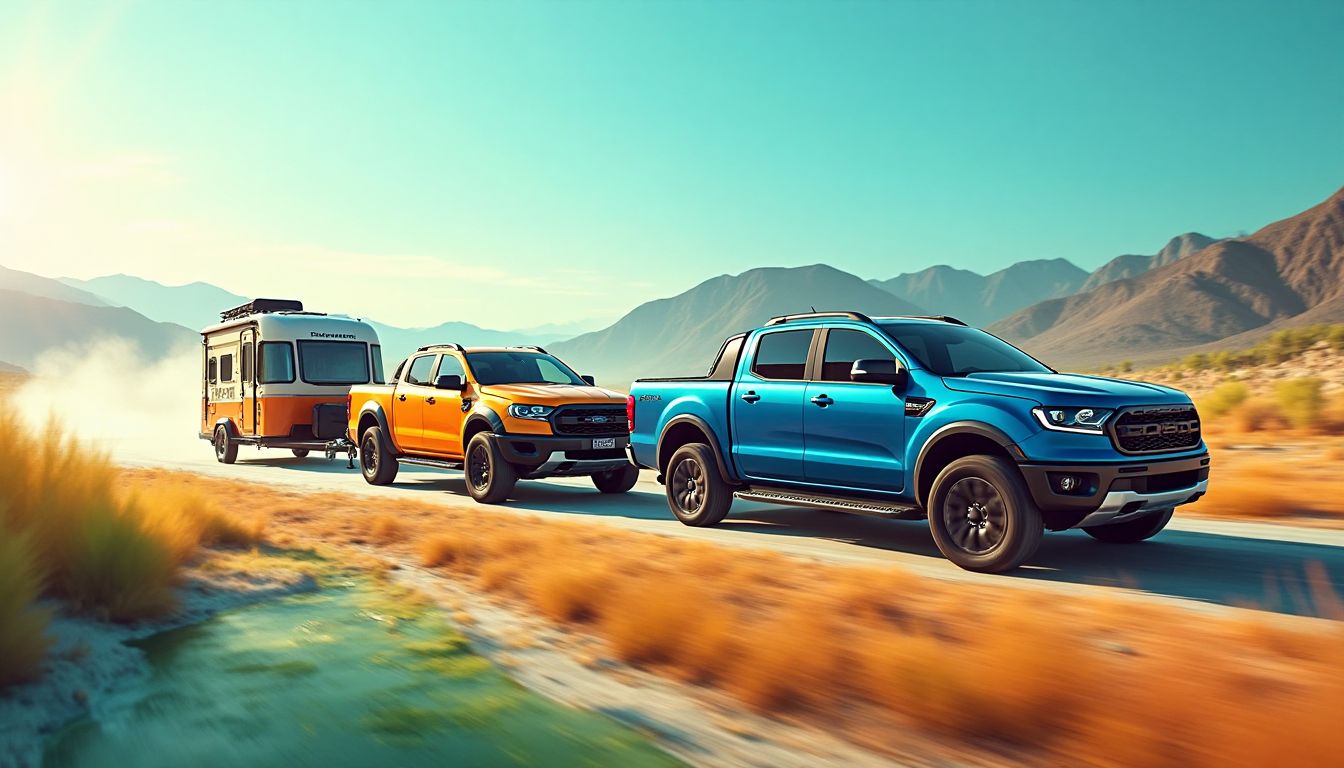
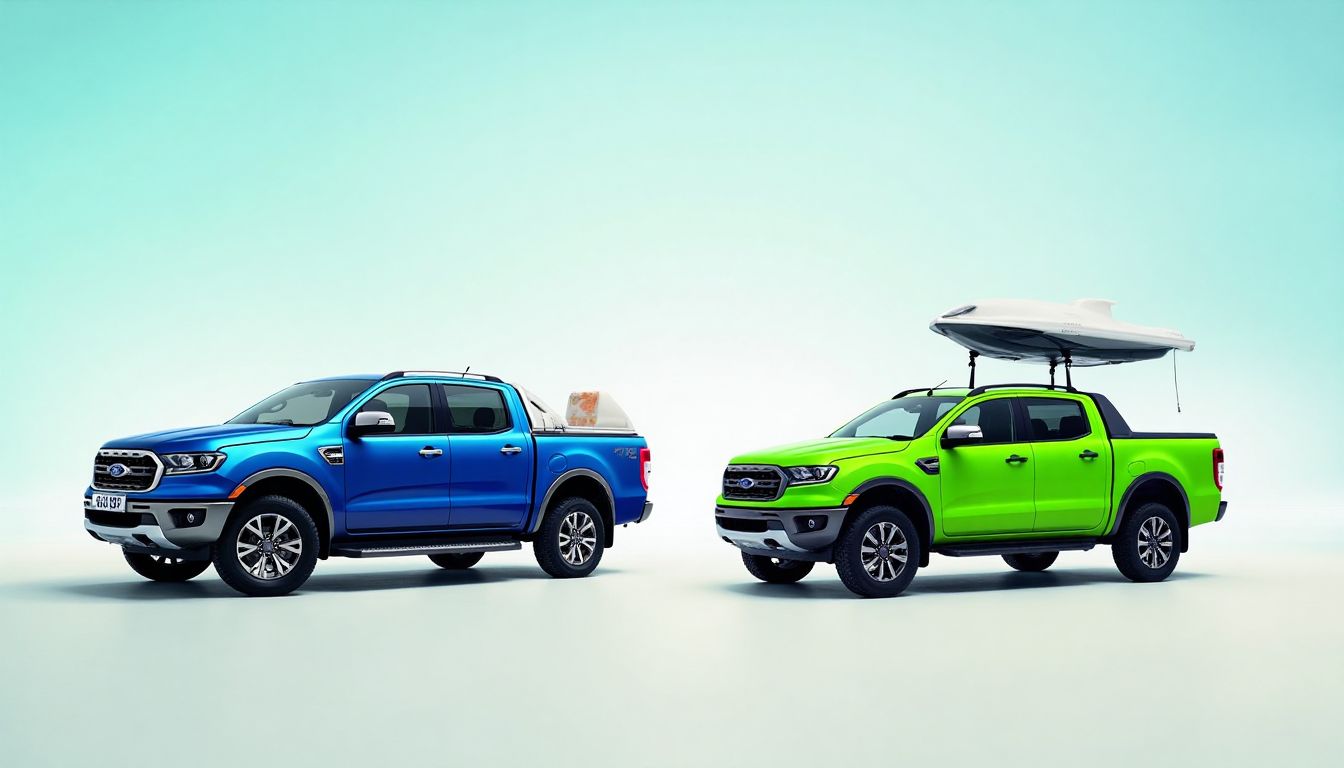

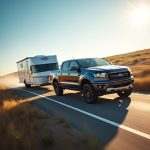
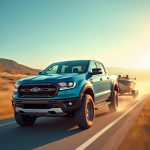
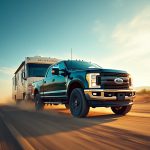
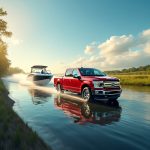
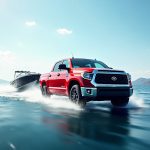
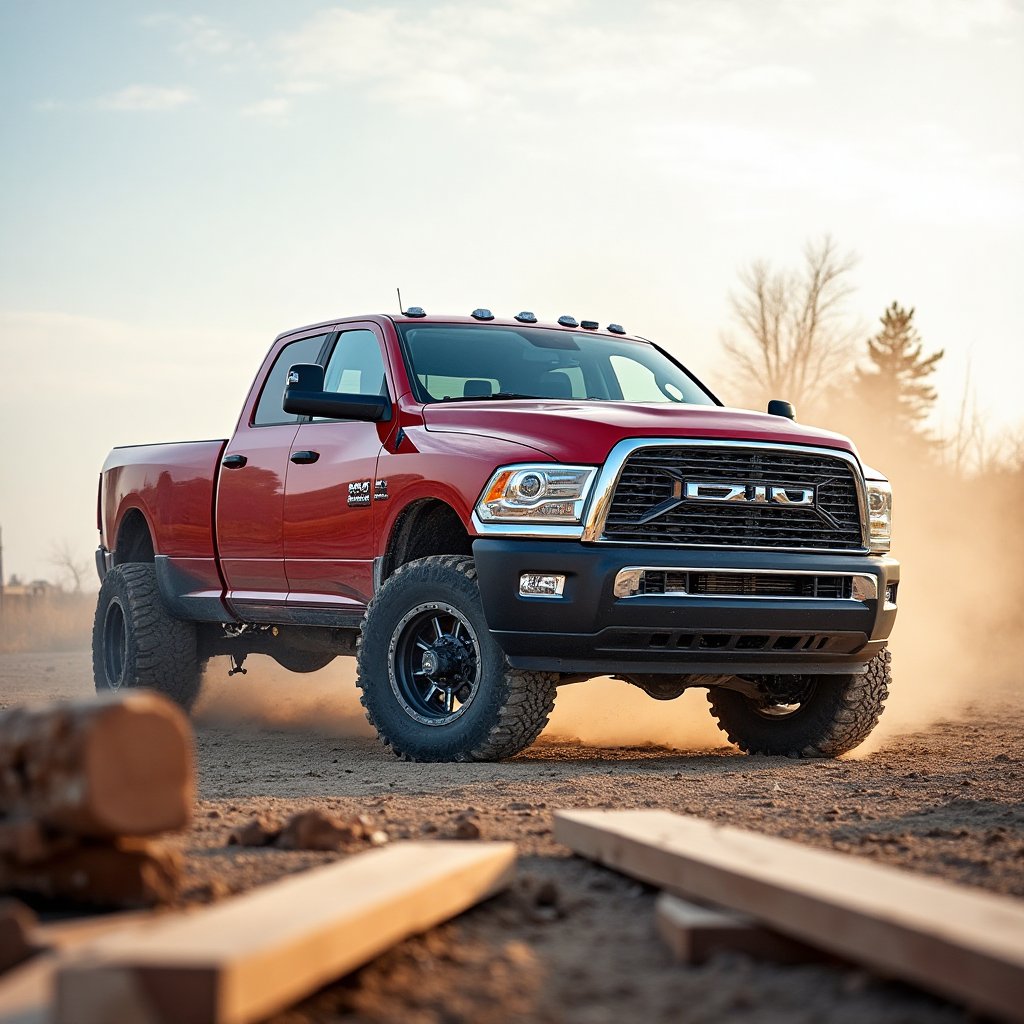
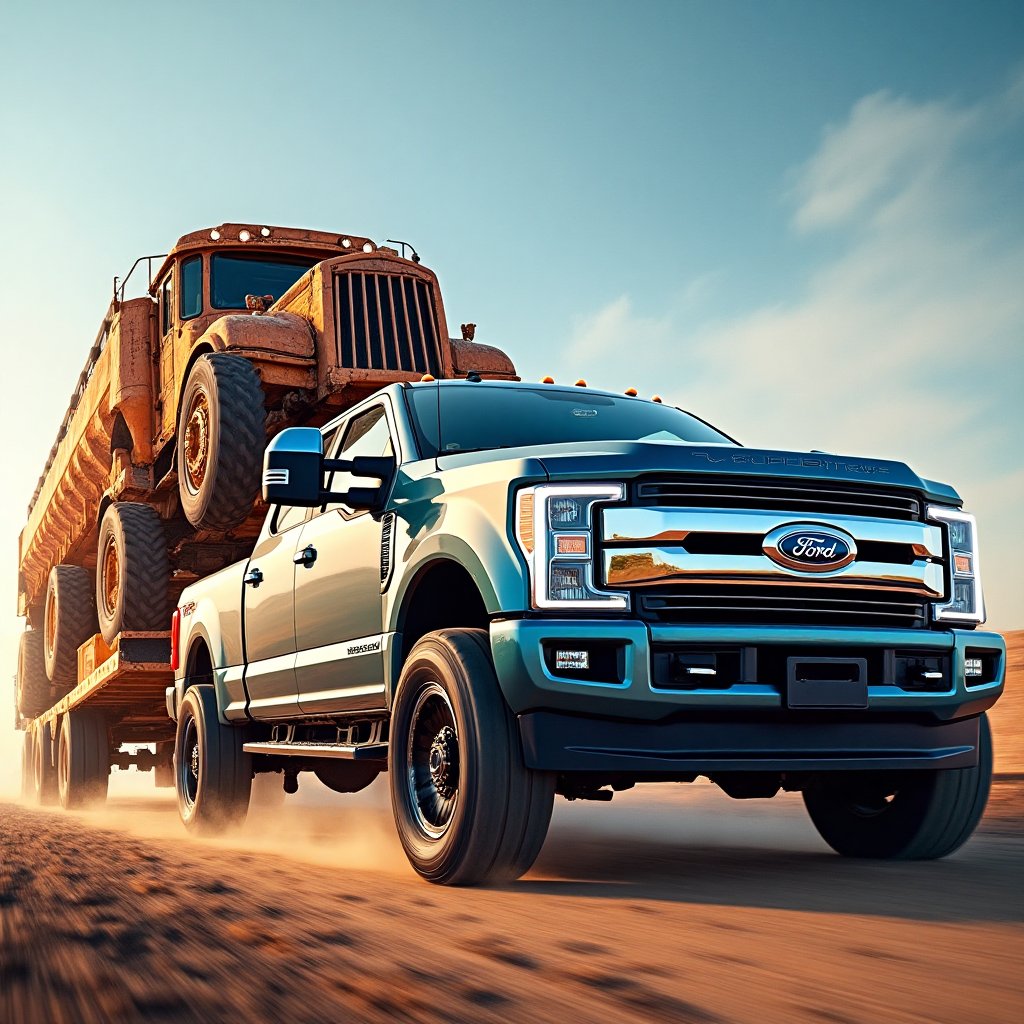
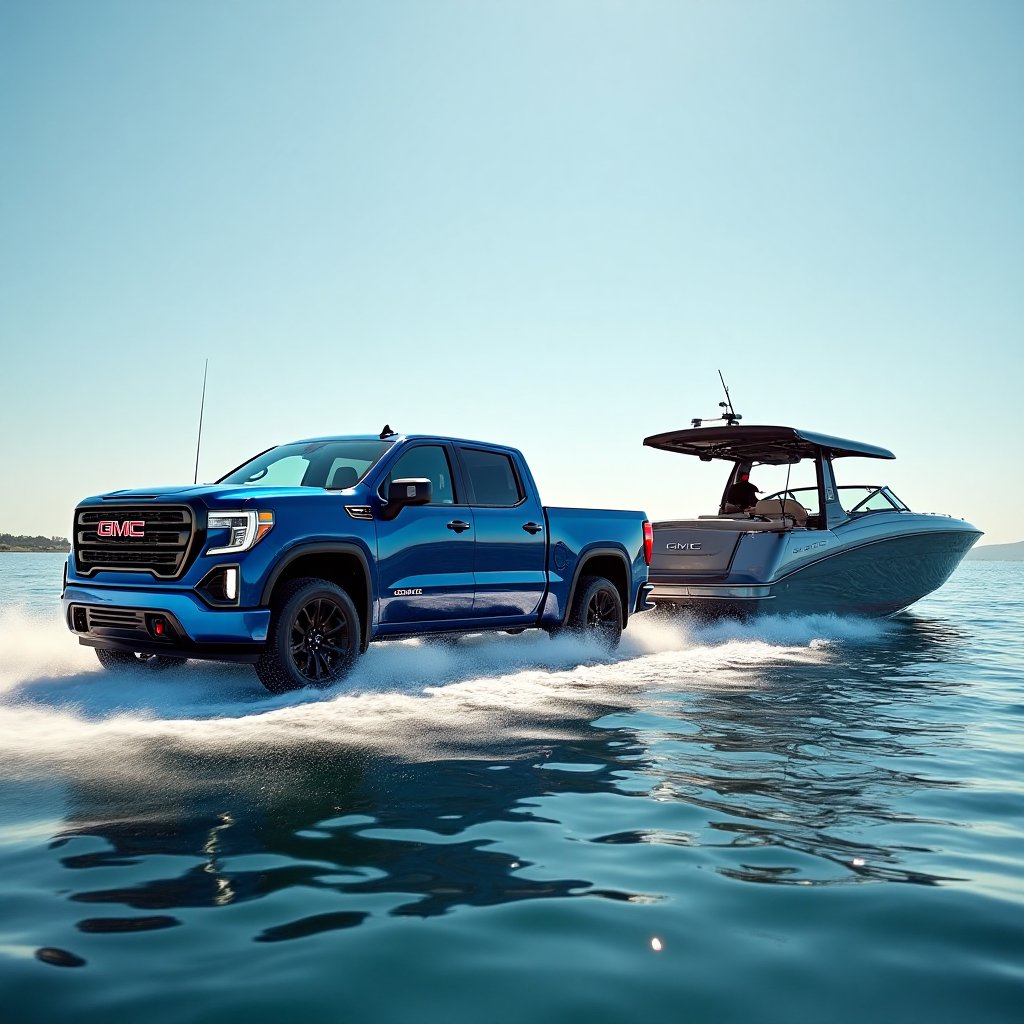















1 comment